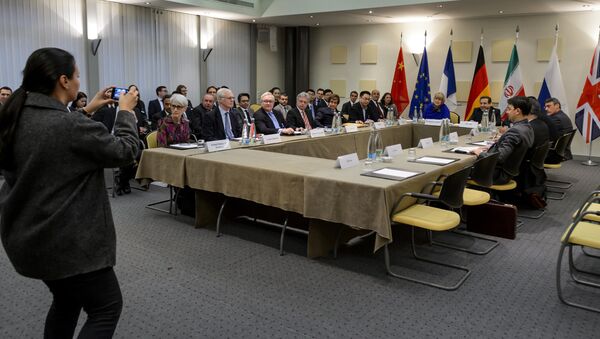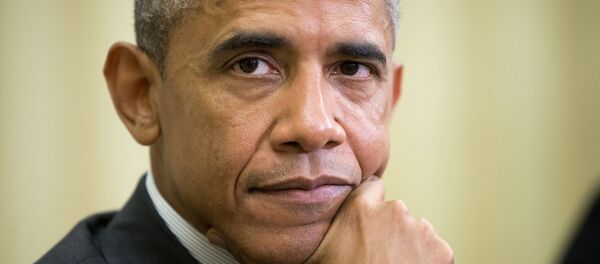“There is a certain scheme which allows to combine our unconditional policy of ensuring the role of the Security Council as a body that takes decisions in this area. Meaning no detours, no schemes that would bypass the Security Council. Luckily, our colleagues have accepted this,” Ryabkov told RIA Novosti.
“On the other hand, the United States insists that in case other mechanisms to resolve the situation run out, and if, hypothetically, the [nuclear] agreement is not fulfilled, sanctions can be restored in full, or to some other degree. For them it is important to have a guarantee that such an outcome is possible,” he said.
According to the deputy foreign minister, "there is an option that allows to combine these two approaches."
Ryabkov added that Russia would very much like to see this jointly developed system “reflected in the text of a future UN Security Council resolution."
Western states have long accused Iran of developing nuclear weapons under the guise of a civilian nuclear program and introduced several rounds of sanctions against the Middle Eastern nation.
In April, a P5+1 group of international negotiators, comprising Russia, the United States, China, the United Kingdom, France and Germany, reached a framework agreement with Iran, ensuring the safe development of Tehran’s nuclear program and the gradual lifting of the sanctions.
Russia argues that lifting the arms embargo imposed against Iran should be the first step in sanctions relief.
July 1 is the deadline for a final comprehensive deal between the P5+1 and Iran.



